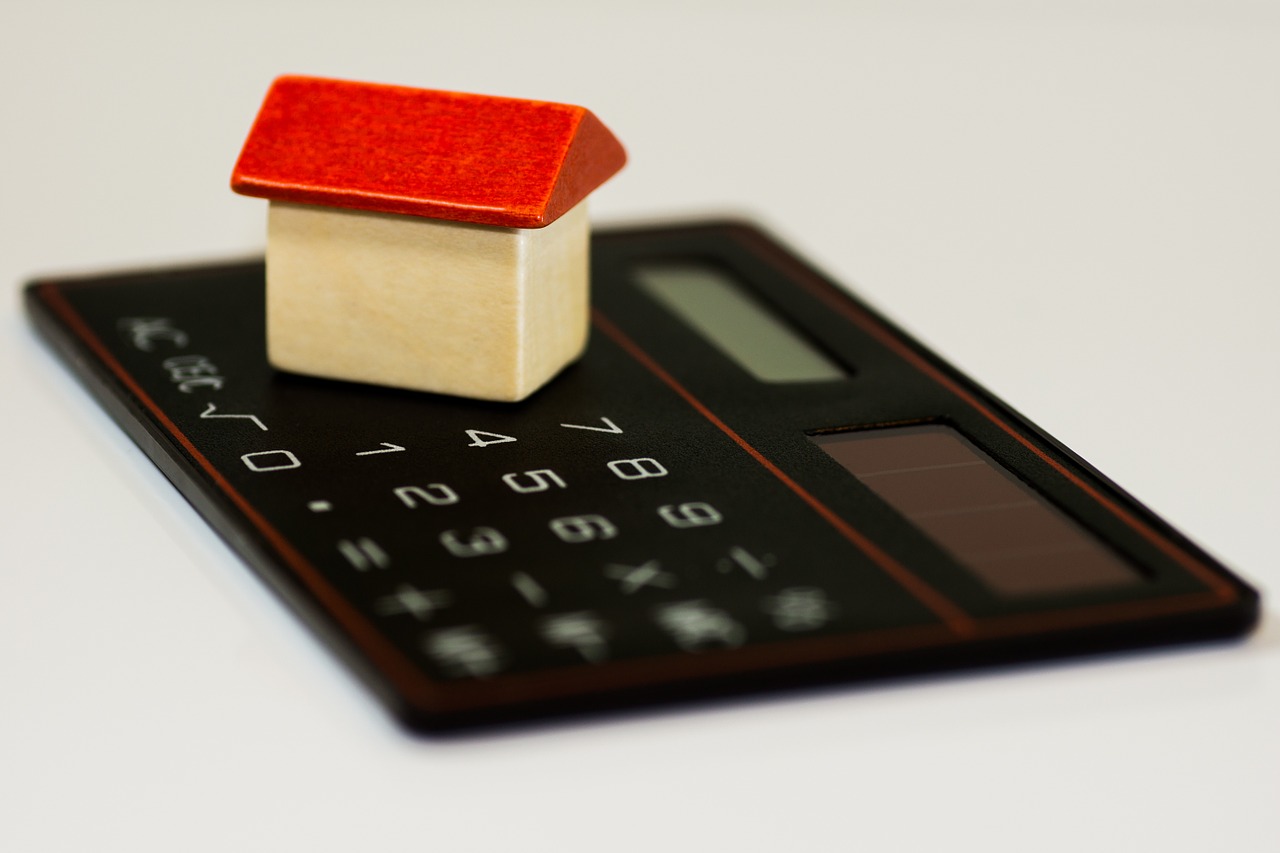Buying property involves a lot more than finding the ideal house and making the payment. While most people will need a mortgage, the terminology will probably seem completely foreign to many. To help you master the most commonly used terms so that you’re confident as you start looking at homes or meet the lender, here’s a mortgage vocabulary cheat sheet.

Adjustable Rate Mortgage (ARM)
You’ll pay interest on the mortgage you get. For as long as it is active, the interest of an adjustable rate mortgage (ARM) will change based on market rates, with the period of adjustment depending on the type. While an ARM can sometimes save you money, it might not be the best choice if you intend to live in the property for a long time because you cannot predict whether the interest rate will rise or fall.
Fixed Rate Mortgage
This type of mortgage is the exact opposite of an ARM because the interest remains the same throughout. If your 30-year fixed rate mortgage has an interest rate of five percent, the rate will stay as is throughout the loan’s life.
Annual Percentage Rate (APR)
Aside from being a significant mortgage-related term to understand, APR involves much more than the interest rate. An annual percentage rate is the total cost of the mortgage, which includes the interest rate and any other payable fees. As such, you can compare different mortgage offers using the APR.
Closing Agent
Also known as a settlement agent, this is the person who represents the buyer. Closing agents are responsible for handling the closing as well as the legal transfer of ownership and title from seller to buyer.
Closing Costs
In simple terms, closing costs are the fees paid to get a mortgage and acquire the desired property. Closing costs usually include the loan’s origination fee, attorney fees, taxes, and title insurance. Though closing costs affect both the buyer and seller, you probably won’t know the exact figure until you finalize the loan. Even so, your lender is required to provide a good-faith estimate.
Good Faith Estimate
This is an estimate of the amount due when you finalize your mortgage. It is also a requirement of the Real Estate Settlement Procedures Act (RESPA). Your lender must give you this estimate less than three days after taking your loan application. Though the form is standardized to allow the comparison of costs, it’s is still an estimate and the actual amount might be different.
Amortization
This is the process of paying off a debt in regular installments over a specified period, which would be the case if you were to pay your mortgage off with a fixed repayment schedule.
Collateral
Your property will act as collateral if you take out a mortgage, giving your lender the right to claim the house if you stop making payments. Even so, collateral helps both sides. Because you risk losing the house if you fail to pay the mortgage, it encourages you to make the payments as required and gives the lender some sense of security.







